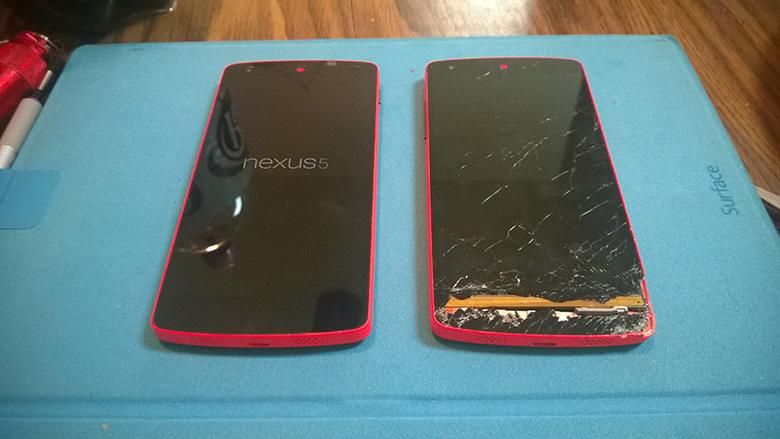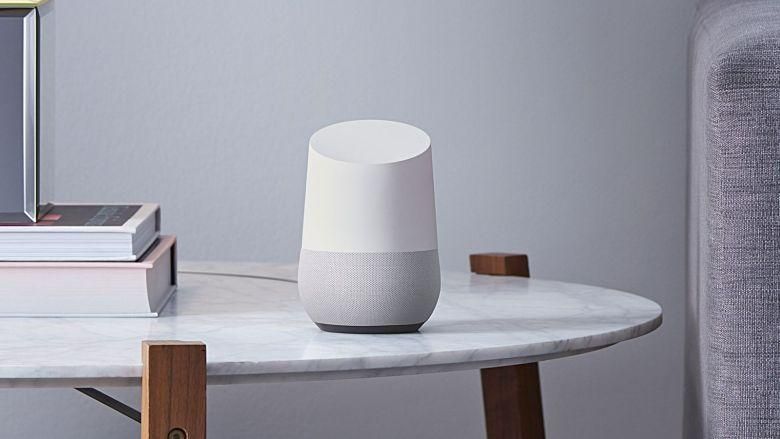Much ado has been made about Google’s new phones – the Pixel and the Pixel XL. On the plus side, Google has made some fantastic (review pending) phones that can easily stand toe to toe with any flagship out there. With a premium look and feel and specs to match, Google has now joined the OEM community with a very strong entry. And with that strong entry comes a strong price tag.
The Pixel phones are pricey. A base model costs the same as a base model iPhone, and a base model Galaxy S7. Gone are the days when Google could be counted on to release a good phone with a great price. But looking at the landscape these days, I’m not so sure whether this is a good thing or a bad thing. Now, it’s true that I wrote a few days ago that Google picked the wrong time to make an expensive phone. But that was based solely on the concept of price. Let’s look at the bigger picture.
Stock or die
Google has built a bit of a reputation for bringing good phones to the market to serve as a showcase of how Android “should be”. In a world of Android skins ranging from Touchwiz to EMUI, Google needs a showcase of Android as it is intended to be. Developers rely on a stock Android experience with fast updates to make sure their apps continue to function properly with updates as they’re released. There’s a reason Developer Previews are made available early – so when Android O comes out, the fit doesn’t hit the shan.
So can developers really be expected to pick up hardware costing over $600 to develop their free face switcher app? That seems a bit much. On iOS, a developer can pick up an iPhone 6 for a couple of Benjamins. They can count on the fact that their app will run pretty much the same on it as it does on an iPhone 7. So what’s an Android Dev to do?
Strong competition
But more than that, and to be fair I’ve already made this argument in my other article so I’m not going to repeat every point here, but with so many great sub-$400 phones out there, why is Google suddenly upping its price game? The current crop of smartphones out there seems to be right in Google’s wheelhouse, but instead it’s swinging for the fences. That doesn’t make any sense
And yet…
Until you consider what Google’s ultimate goal might be here. Maybe Google isn’t competing against other midrange phones because it doesn’t want to compete against midrange phones. Maybe Google is focusing on developing a consumer product, rather than a developer product. If that’s the case, suddenly Google’s specs and price points make a heck of a lot more sense.
Plus, let’s consider the fact that the Nexus line of phones hasn’t always been so low priced. Starting the with the Nexus 6 and moving forward to the 5X and the 6P, we haven’t really been seeing a lot of super low prices. The Nexus 5 may have been the last of that line. Anecdotally, when I look around, I see a lot more Nexus 5X and 6P phones around than I’ve ever seen previous Nexus phones. The consumer world has taken notice of Google’s offerings and started to buy them. It makes sense that Google would want to up its game in that arena.
Going home
Plus, the Pixel phone is Google’s first hardware showcase for Google Assistant, which is the direction Google wants to go. Sundar Pichai said he wants to create a personal Google for everyone in the world, and Google Assistant is a means to do so. With devices like the Google Home coming out to complement Google Assistant, Google’s initial offering to consumers has to be a consumer product – not a phone for techies and geeks, lest that the be extent of Google Assistant’s usefulness.
Google Assistant is a mostly untested product, but Google seems to have a lot riding on it. To hamstring the service by offering it on a midrange phone when most people are running to Samsung and Apple, would make the service pretty much DOA. At least now with the Pixel and Pixel XL, Google can make a solid case to pick up its phone with Google Assistant, rather than the Note 7 which comes with a built in hand warmer.
Oh no he didn’t. Oh yes he did.
Sound off
So what do you think? Is Google shooting itself in the foot with these lofty prices? Or is Google simply switching its focus from developers to consumers, and adjusting its strategy to match? Now, don’t be salty that the phone costs a lot – it’s easy to do. But focus on the big picture here, let me know what you think in the comments, and let’s see if we can figure this out.




